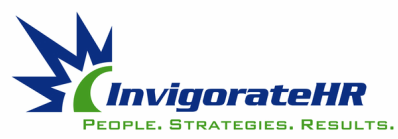 Neurodiversity is a relatively new term that refers to people who have dyslexia, autism, ADHD, dyspraxia and other neurological conditions. These are “spectrum” conditions, with a wide range of characteristics, but share some common features in terms of how people learn and process information. Diversity in the workplace is widely accepted as being of benefit to both businesses and consumers. But while many companies have embraced the concept of building teams that include people from different genders, ethnicities, religions, sexualities and disabilities, some employment experts believe the practice of diversity in the workplace still hasn't fully included those with neurological conditions such as autism. In other words, many workforces have yet to become neurodiverse. Here are four areas where employers can make the best of a neurodiverse workforce. Recruitment. When recruiting make role descriptions as clear and concise as possible, avoiding jargon. Think about your interview process. For example, conventional face-to-face interviews may put candidates at a disadvantage because some candidates may have difficulty looking directly into the interviewer’s eyes which can be misinterpreted. This can put some neurodivergent people at a disadvantage, making it harder for them to demonstrate the skills and talent required in the job and often leading to them being excluded for roles that they might have been right for. Performance. Problems with underperformance are particularly likely to arise where managers are not aware of somebody’s neurological condition. Disclosure can be very helpful in preventing performance issues—but this needs to be handled carefully. A working environment in which employees are accepted and have the chance to play to their strengths is key. When dealing with performance issues, there is a need to be sensitive and conscious of the extent to which the employee needs guidance. Clear communications are crucial and these should focus on the individual’s strengths as well as their areas of weakness. |
Archives
December 2024
|

 RSS Feed
RSS Feed